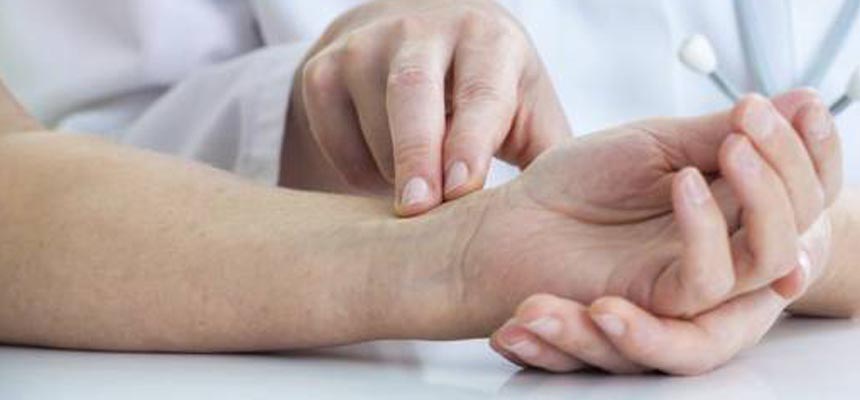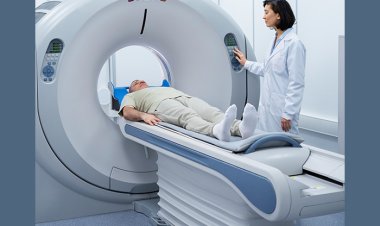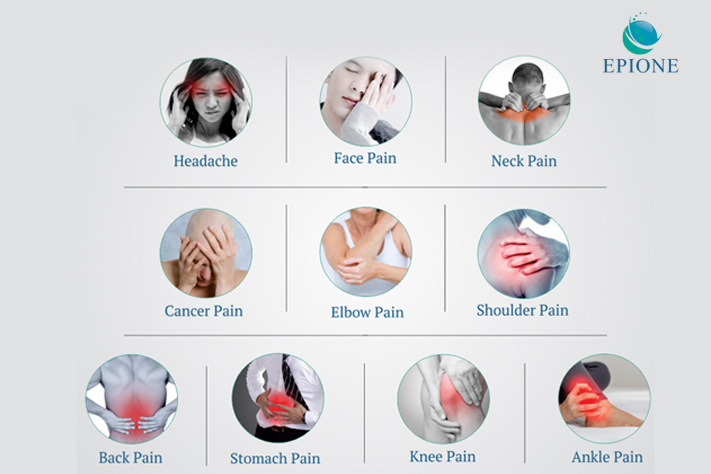UNDERSTANDING HEART PALPITATIONS

Heart palpitationsare experienced by every individual in certain situations. At this time, you feel your heart is beating too fast and hard or even skipping a beat,which can happen while going for an exam, waiting for the result of an important issue, or on hearing bad news. There is nothing serious in heart palpitations unless they cause a lot of inconvenience.
Heart palpitations can be a disease or the symptom of another disease like anaemia, thyroid or anxiety. In such cases where it is a symptom, palpitations can be cured if treatment is taken for the main disease. In some cases, irregularity in the electric circuit of the heart leads to palpitations. An abnormally fast heart rhythm, or tachycardia, can result from very fast electrical activities or short-circuiting in the electrical circuit of the heart. Similarly, extreme slowing of one’s pulse, bradycardia, can be due to poor electrical flow through the wiring of the heart.
The heartbeat of a healthy person ranges between 60-100 beats a minute, and this is facilitated by the muscles, which are stimulated by an electrical circuit that is initiated at the sinus node located in the right atrium of the heart. The electrical stimulus is then passed on to the atrioventricular node which also regulates the heartbeat. We experience faster heartbeat when we are walking or running fast, because adrenaline is secreted. This can last either minutes or days. In such cases, the electrical signals in the heart can generate from not just the sinus node but even other places in the heart.
SYMPTOMS OF PALPITATIONS
Breathlessness
Dizziness
Loss of consciousness
TREATMENT
It depends on the degree of inconvenience the patient experiences during heart palpitations. If the patient is not overly affected, no special treatment is necessary.Doctors would suggest some tips like washing one’s face with cold water, holding one’s breath and trying to push air into the body in spells, to overcome the problem. Mental anxiety also leads to palpitations which can be controlled through yoga and meditation.
However, if the situation does not improve, then treatment is necessary. Doctors will prescribe medicines after understanding from where the excessive electrical signals are being produced in the heart.
Usually, heart palpitations can be treated with medicines in 90% of the cases, but this can lead to side effects if the medicines are taken over a long period of time. In such cases, doctors identify the area from where the excessive electrical current waves are being produced and try to control them through ablation. Cardiac ablation is a procedure to scar or destroy tissue in the heart that allows incorrect electrical signals to cause abnormal heart rhythm. This treatment is not complicated and is also safe. This is a one-time solution for heart palpitations. However, patients undergoing the ablation procedure should use aspirin to dilute the blood and ease its flow.
ARE PALPITATION AND HEART ATTACK THE SAME?
Heart attack is a problem that arises due to deposition of fat in the veins resulting in inadequate supply of blood to the cardiac muscles.Palpitation is the result of change in the heart’s electrical system. They are two different diseasesrequiring different types of treatment.ECG and TMT willhelp the doctor understand the heart rhythm properly.

 Disclaimer: Welthi.com does not guarantee any specific results as a result of the procedures mentioned here, and the results may vary from person to person.
Disclaimer: Welthi.com does not guarantee any specific results as a result of the procedures mentioned here, and the results may vary from person to person.









